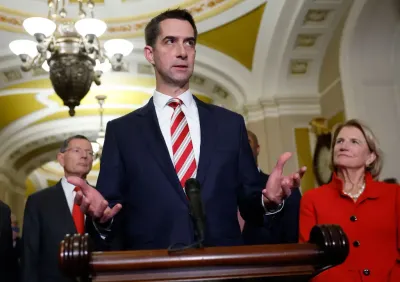Judges at the EU Court of Justice say the European Commission gave no ‘credible explanation’ for vanishing messages tied to lucrative COVID jab contracts with Pfizer CEO Albert Bourla.
(LifeSiteNews) — The EU Court of Justice has ruled that the European Commission violated transparency rules by not releasing Ursula von der Leyen’s private text messages with the Pfizer CEO in relation to the COVID shot contracts.
The court announced on Wednesday morning that the EU Commission “failed to explain in a plausible manner why it considered that the text messages exchanged in the context of the procurement of COVID-19 vaccines did not contain important information.”
At the center of the controversy known as “Pfizergate” are private text messages between Von der Leyen and Pfizer CEO Albert Bourla, possibly connected to the EU’s €35 billion COVID-19 vaccine deal made in 2020. The European Commission did not deny the existence of the text messages, but argued that it did not archive them because they did not contain relevant information and were not part of the vaccine contract negotiations.
The New York Times, which first reported on the existence of the texts, sued the EC in 2023 after it rejected a freedom of information request asking for the messages to be released. The commission said private text messages and emails are only archived if they contain “important information.” It claimed that it could not find the messages between Bourla and Von der Leyen.
According to the court’s ruling, the commission failed to offer "credible explanations enabling the public and the Court to understand why those documents cannot be found” and did not plausibly prove that the messages "did not contain important information," especially regarding the very lucrative COVID shot deal.
In 2022, EU ombudsman Emily O’Reilly described the commission’s handling of the texts as “maladministration” and said the messages should have been subject to the EU’s transparency guidelines. She warned that WhatsApp messages could be a loophole to avoid transparency rules.
“This case presents a very important issue: whether officials may evade public transparency by communicating via text messages rather than more traditional means,” New York Times lawyer Bondine Kloostra said in her opening arguments in November.
The EU Commission can appeal the verdict at the EU’s Court of Justice.
The verdict is a significant embarrassment for Von der Leyen, who promised to ensure “more transparency” at the beginning of her second term as commission president. The commission leader has repeatedly been criticized for her “highly centralized leadership style."
Beside the reputational damage, it remains unclear whether the Pfizergate scandal will have any real political or legal consequences. The court ruling requires that the commission respond to the transparency request and conduct a thorough search for the messages. However, if the commission “lost” the texts, the public would be kept in the dark about its contents, and Von der Leyen may be able to continue as commission president.
This would not be the first time that globalist EC leader Ursula von der Leyen would survive an embarrassing defeat in court. In 2024, the General Court of the EU ruled that the commission violated transparency rules when it only published a heavily redacted version of the COVID vaccine contracts with major pharmaceutical companies.
Despite this verdict, Von der Leyen was elected to her second term as commission president the following day.
RELATED
Massive new study links COVID jabs to higher risk of myocarditis, stroke, artery disease
mRNA vaccines linked to genetic changes that can cause cancer, autoimmune disorders

